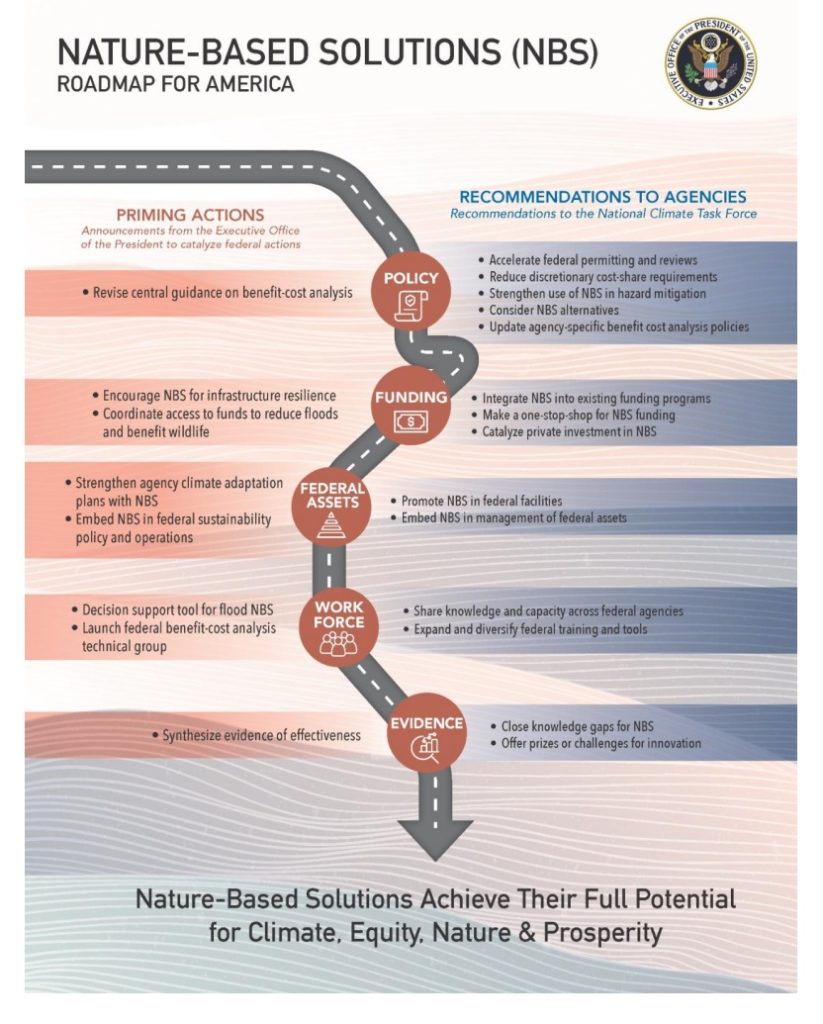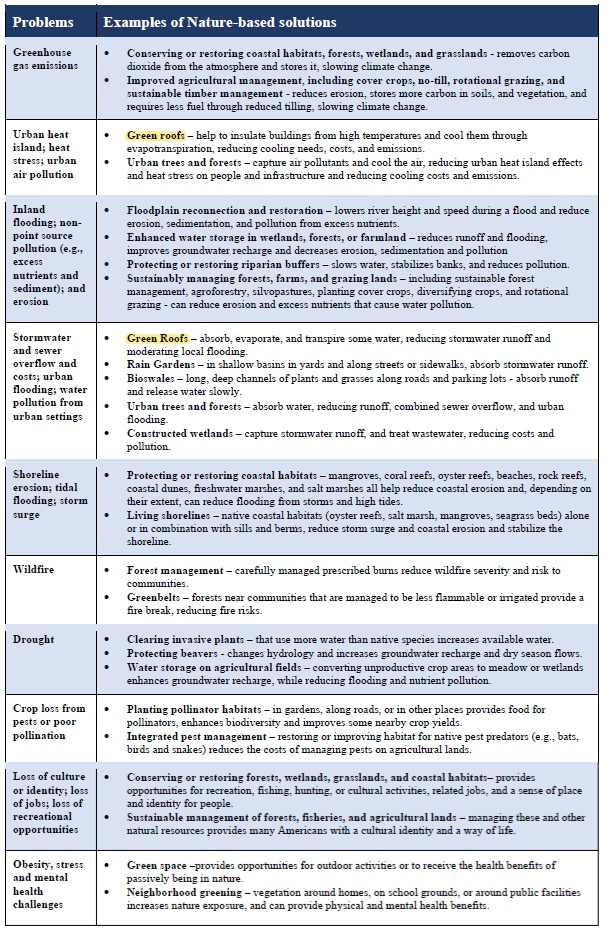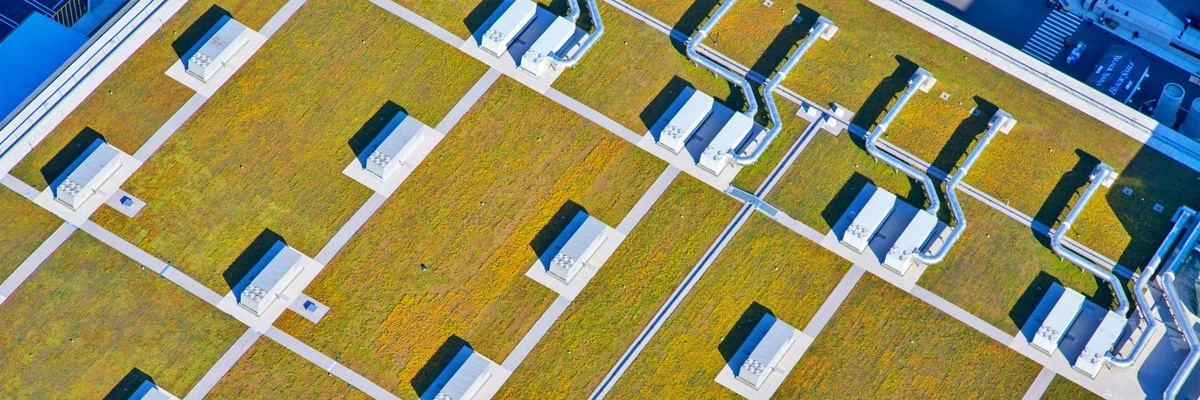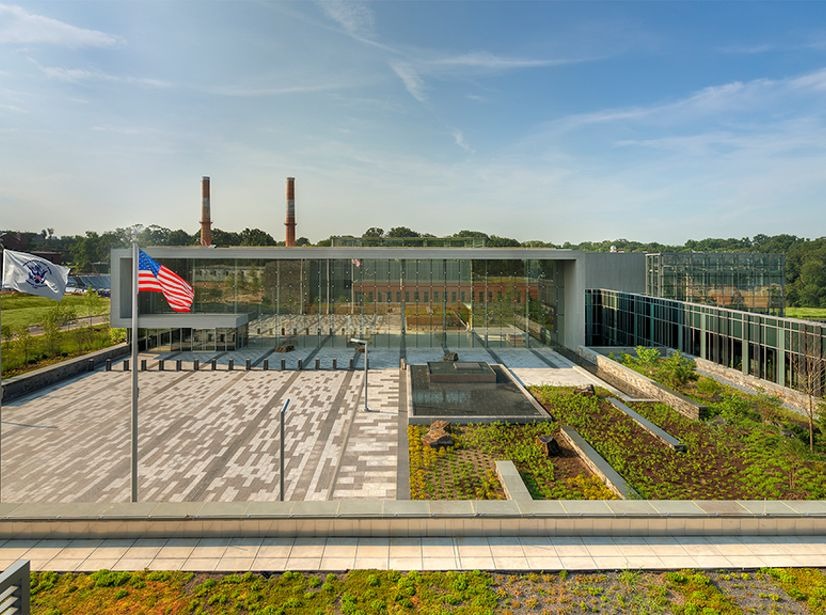Staff of White House writes:
New actions and recommendations announced at COP27 will make nature-based solutions a go-to option for fighting climate change and boost progress towards U.S. climate goals
At the COP27 in Egypt, the Biden-Harris Administration is releasing the Nature Based Solutions Roadmap, an outline of strategic recommendations to put America on a path that will unlock the full potential of nature-based solutions to address climate change, nature loss, and inequity. This marks the first time the U.S. has developed a strategy to scale up nature-based solutions.
President Biden is committed to unlocking the full potential of nature-based solutions for achieving climate goals and combatting nature loss, especially for communities that are disproportionately impacted by climate change and environmental injustices.
To demonstrate how the U.S. is already taking action, the Administration is also announcing new and recent interagency commitments aligned with the roadmap including: agency actions to ensure over $25 billion in infrastructure and climate funding can support nature-based solutions; a new guide for bringing the power of nature to maximize the value and resilience of military bases; and a new technical working group to better account for nature-based options in benefit cost analysis – a powerful tool for federal decisions.
Nature-based solutions are actions to protect, sustainably manage, or restore natural or modified ecosystems as solutions to societal challenges, like fighting climate change. Examples include protection or conservation of natural areas, reforestation, restoration of marshes or other habitats, or sustainable management of farms, fisheries, or forests. These actions can increase resilience to threats like flooding and extreme heat, and can slow climate change by capturing and storing carbon dioxide. Nature-based solutions play a critical role in the economy, national security, human health, equity, and the fight against climate change.

Nature-Based Roadmap For America
This work builds on President Biden’s climate leadership. The Administration is already advancing nature-based solutions in support of the President’s commitment to reduce greenhouse gas emissions 50-52% below 2005 levels in 2030, to conserve at least 30% of U.S. lands and waters by 2030, and to increase community resilience to extreme weather and other climate impacts.

Examples of nature-based solutions.
The new Nature Based Solutions Roadmap will help the Administration seize additional opportunities; key recommendations and related new and recent agency commitments.
The Biden-Harris Administration also released the Nature-Based Solutions Resource Guide: Compendium of Federal Examples, Guidance, Resource Documents, Tools and Technical Assistance, a companion resource guide with examples of nature-based climate solutions and over 150 resources to spur action.
Federal Stories: Nature-Based Solutions in Action
Federal agencies have pioneered nature-based solutions on federal lands and waters, in federal facilities, and in partnership with communities, companies, and Tribal, state, local, territorial and other national governments. Examples are available from across the federal family, demonstrating the broad relevance of nature-based solutions to a wide range of American challenges and opportunities. For example, nature-based solutions have been used to make federal buildings and assets more resilient to natural hazards and climate impacts. These solutions have also been used to reduce operation and management costs, like those for heating and cooling, and stormwater management.
U.S. Coast Guard (USCG)
Incorporating nature-based solutions into the USCG Headquarters
The USCG headquarters complex was the first phase of a broader consolidation of the DHS headquarters at St. Elizabeth’s West Campus. A number of nature-based solutions were deployed in the construction of the complex, including green roofs, bioswales, rain gardens, wetland shelves with a large retention pond, and the replication of local ecosystems through constructed soils and native plant palettes. The USCG notes several environmental and social benefits that informed its use of nature-based solutions in the headquarters’ design, including increased biodiversity with woody shrubs and tree planting; reduced heat island effect by upwards of 15-degrees Fahrenheit; conservation of nearly 520,000 gallons of potable water from the District of Columbia reservoir; a 400% increase in carbon sequestration; and increased worker satisfaction for individuals working in the complex.
 Greenroofs.comConnecting the Planet + Living Architecture
Greenroofs.comConnecting the Planet + Living Architecture






